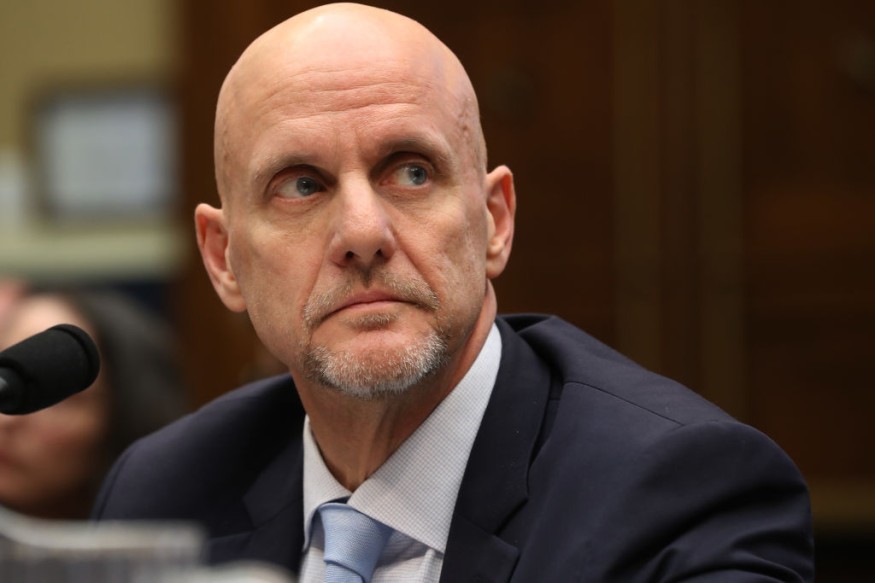FDA Chief Says Meadows Did Not Threaten To Fire Him Over Pfizer Vaccine Approval

White House Chief of Staff Mark Meadows said Food and Drug Administration (FDA) Commissioner Stephen Hahn's job could be on the line if his agency will not quickly approve Pfizer Inc.'s COVID-19 vaccine.
That was according to a person familiar with the matter, as reported by Bloomberg. The warning reportedly came in a phone call with Hahn on Friday with Meadow's pushing the FDA to approve the vaccine quickly.
Hahn disputed the Washington Post report that Meadows told him to submit his resignation if the vaccine does not receive an emergency use authorization (EUA) by the end of the day.
Hahn said it was an untrue representation of the phone call with the chief of staff.
Read also: FACT CHECK: Did Pfizer Research Head Say COVID-19 Vaccine Could Cause Female Sterilization?
He noted that the FDA was only encouraged to continue working quickly on Pfizer-BioNTech's EUA request.
"FDA is committed to issuing this authorization quickly," Hahn added in the Bloomberg report.
Pfizer Vaccine
An FDA advisory panel voted 17-4, with one abstention, on Thursday on the risk and benefits of Pfizer's vaccine. The panel agreed that the benefits of the vaccine outweighed any risks.
Pfizer was developing its potential COVID-19 vaccine with BioNTech SE.President Donald Trump and his administration have placed huge political pressure on the FDA to clear the vaccine.
The United Kingdom and Canada have already approved the use of Pfizer's vaccine.Trump tweeted on Friday that the FDA is a big, old, slow turtle. He then demanded Hahn to get the vaccines out now
.The Pfizer vaccine is projected to gain a EUA imminently that would then be followed by a mass vaccination effort in the United States.
Once the FDA orders its go-ahead, the effort will set in motion in a nationwide distribution pace. It will be started with 2.9 million doses being made available to the country.
Health and Human Services Secretary Alex Azar said on Friday that Americans might start getting the first doses as soon as Monday.
The vaccine, however, is followed by close scrutiny after the latest reports of allergic reactions to the vaccine. There have been reports of serious allergic reactions to the vaccine in the U.K.
U.K.'s National Health Service said that people with a history of allergies should not receive the shot. The FDA is eyeing more information on the allergic reactions that occurred in the U.K.
Azar said this is something that they are working with Pfizer right now. He noted that people with a pre-existing allergic severe reaction to anything in these vaccines or medical allergies should be cautious in getting these vaccines initially.
Reported Allergic Reactions
Meanwhile, Britain's medical regulator warned on Wednesday that people with serious allergic reactions should not get the COVID-19 vaccine from Pfizer and BioNTech.
Investigators are looking into the situation.Pfizer and BioNTech said that they were working closely with investigators to get a grasp of each case and its causes.
Moderna Vaccine
The Trump administration announced on Friday that it would purchase another 100 million doses of Moderna's COVID-19 vaccine, according to a The Hill report.
Like Pfizer, Moderna is still waiting for the FDA's approval for EUA. By the end of December, it is expected to ship around 20 million doses.
Azar said that getting another 100 million doses from Moderna will expand their supply doses portfolio.
Subscribe to Latin Post!
Sign up for our free newsletter for the Latest coverage!

















